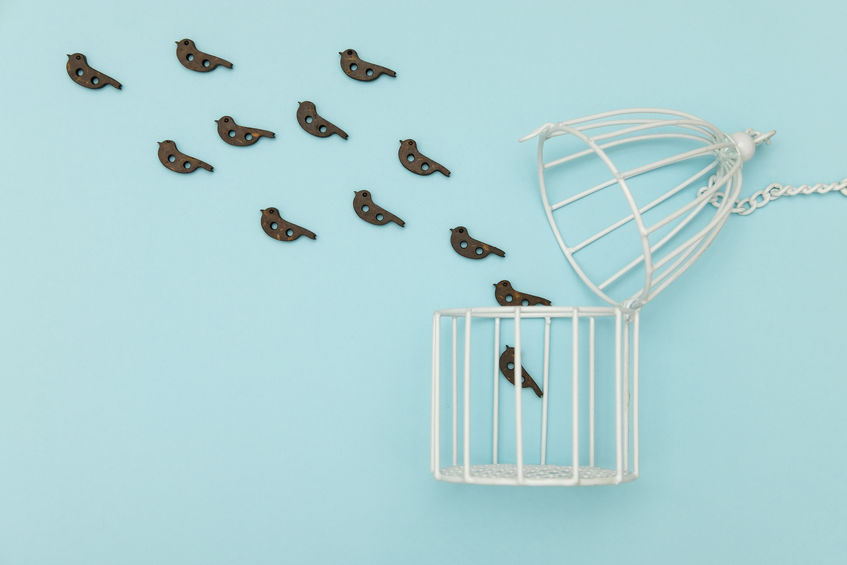Movement & Self Image
“Your movement is as good as your self image.”
~Moshe Feldenkrais
A gentle soul came to me recently, frustrated by limits in his movement. His movement teachers had an idea of what he should be doing, but they could not offer him guidance as to how to access their ideas. He was discouraged and assumed he had a “defective” body.
Notice how quickly we internalize other peoples’ limits and take them on as our own! And also notice right there, how body sensation gives shape to an emotional state.
As it turns out, this person had spent the first four years of his life in corrective leg braces. He didn’t “remember it” but his body and brain did.
No one had thought to ask him about early life experience! He developed successful strategies for navigating with leg braces but he came up against his limits when asked to do something that wouldn’t fit that strategy.
The movement image being asked of him did not live in his brain map. He described the sensation of feeling like those muscles of were “not there”. Of course they are there, but in his movement experience, they didn’t exist. If a movement doesn’t exist in our imagination, then the muscles and bones might just as well not be there.
We revisit early movements
Together we explored movements that occur before crawling. It was as if he’d entered a foreign land: this was unfamiliar terrain for him. The amazement shone through his face. Sadness showed itself itself too. There was a loss for what he’d not been able to do and memories of a chaotic, negligent home life. It was no wonder that he’d “forgotten” those young years.
Self image arises from our lived experience
Our journey to mature adulthood includes physical and emotional integration. Sometimes that means taking a few steps back in our developmental process so we can move forward with confidence. Human memory is built on our body sensation and our interpretations of those experiences. It’s not that we are defective but rather the conclusions we draw are limited. My client thought there was something wrong with him. Not knowing how to access what we need only means we don’t know. To become aware of the conclusions we draw about life when we are in a place of not knowing, is key. As for my client; he’s doing much better as he reclaims long forgotten parts of himself in his daily expressions of dance, song, and life.



